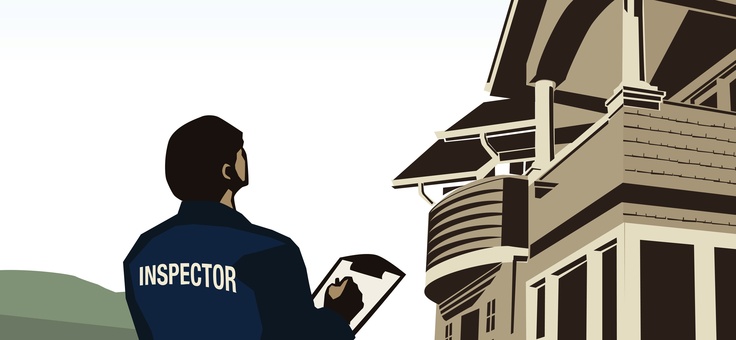
It's important to know what you're getting yourself into when you buy a home or property. Not everything is disclosed in the property title and it can be as important to have the land & property inspected that you're buying as it is the home (see this example in an article from the REBGV). It can save you a lot of time, money, and trouble simply to take this extra step.
So, if you're considering buying property, make sure you do your due dilligence. See below for some valuable information from the REBGV:
What is registered on the property title?
The legal description of a property, including:
• the parcel identification (PID);
• taxation authority;
• registered owner and their address;
• the title number;
• the previous title number;
• legal notations against the property (may include heritage);
• charges, liens and interests (under-surface rights, rights of ways, covenants, judgments);
• whether a duplicate title has been ordered and by whom, and
• transfers and pending applications.
What is not registered on the property title?
• Archaeological sites.
• Former grow ops and illegal drug labs.
• Heritage designations (not always on title).
• Highway entitlements.
• Stigmatized property.
• Streamside issues – if there are fish-bearing ditches or creeks on the property.
• Underground fuel storage tanks.
How can you discover the facts about a property?
- Ask the owner.
- Visit the local government (municipal) website where you will find a range of information, for example:
• Richmond provides a road map of designated heritage buildings and homes, and includes photos. (Note: there is no
available universal public registry of homes previously used as grow ops and illegal drug labs.)
• The City of Vancouver confirms if a property has been used as a grow op or illegal drug lab to anyone phoning
604.871.6231. The City does not provide the owner’s name in keeping with privacy legislation.
• West Vancouver provides a list of properties known to have underground storage tanks. Visit:
www.westvancouver.ca and search Fuel Storage Tank Program. Scroll to More Information and see Fuel/ Oil Tank
Records Search.
If you don’t find what you need online, phone your local government or go in person. Depending on the municipality, there may be comprehensive data.
• There is a BC Heritage Sites Inventory. Information about its properties comes from local governments, so start there
first.
• Check the BC Archaeological Site Inventory at
www.for.gov.bc.ca/archaeology/accessing_archaeological_data/index.htm.You can also phone: 250 953-3338.
• Search the BC Government’s Contaminated Sites Registry which lists some contaminated sites. It is available through
www.bconline.gov.bc.ca.(Go to Products). There is a charge to access the database.
This demonstrates just one of the many reasons it is good to work with a realtor. If you have questions about a home or property you re thinking about buying, contact me and I'll be glad to answer all of your questions.
Source: Finding the Truth About Property, REBGV
Image Source: Stimulrealty
















